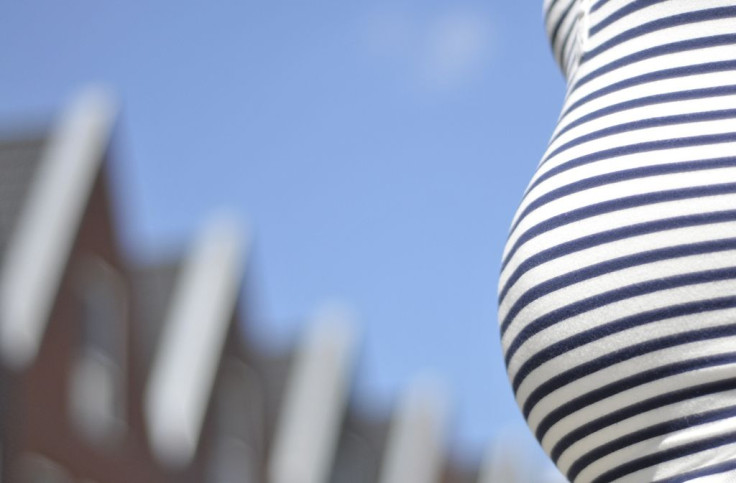Infant Microbiota Influenced By Mother's Birth Delivery, Gestation Period

Scientists already know that many different lifestyle factors can change an infant’s unique mix of gut bacteria, including whether he or she is breastfed, ingests real or artificial sugar, and follows other dietary considerations. Now, a new study says pre-birth factors, such as birth method and gestation duration, may also leave their mark.
Babies whose mothers gave birth vaginally and carried the baby for a longer period of time showed more mature gut microbiota and more body fat than babies born via caesarean section and who had spent less time cozied up in their mothers’ wombs. Researchers say these initial differences may predispose infants to lifelong differences in body size and overall health.
“It seems like the early environment … may be influencing the rate at which babies acquire their gut microbiota,” said senior study author Joanna Holbrook, a senior principal investigator at the Singapore Institute for Clinical Sciences. “And that in turn has an association with how babies grow and put on body fat.”
Holbrook and a team of scientists from the EpiGen consortium and Nestlé Research Center in Switzerland looked at a group of 75 infants. They used a technique called 16s rRNA sequencing to analyze the infants’ stool samples, checking for traces of the common gut bacteria strains Bifidobacterium and Collinsella. Samples were collected at 3 days old, 3 weeks old, 3 months old, and 6 months old. At the 18-month mark, the researchers weighed the babies.
They found babies who were delivered vaginally showed the same maturity in microbiota by day three that the C-section babies needed up to six months to achieve. Babies delivered vaginally also showed a typical body fat percentage, while the other group fell more on the low end.
The findings don’t reach the babies’ second birthday, but the researchers suspect the impacts will be felt for years. “The composition of the early microbiota has been linked with long-lasting effects on health and disease,” they wrote. Breastfeeding, for instance, takes away some of the risks posed by harmful gut bacteria. In one study, researchers found babies drinking formula show gut bacteria that normally aren’t present in breastfed babies until they start eating solid food. In other words, breastfeeding may reduce the population of so-called bad bacteria in babies’ digestive systems.
That’s what Holbrook and her team mean by microbiota being more “mature” — they help the baby ward off diseases and immune-related conditions like allergies and asthma. A mountain of data suggest that when babies pass through the birth canal, they swallow a flora of microbes that let them better digest breast milk. Babies born via C-section ultimately lack these bacteria, which means they lack the ability to retain the good bacteria found in breast milk, if their mothers opt against formula.
Less understood is the lifetime role microbiota play on obesity. More than a third of the country is obese, and in recent years scientists have looked to see how poor diet could be causing microbiological effects. For one, a diet high in processed foods and low in fruits and vegetables has been found to cultivate little diversity among gut bacteria. This has been shown to increase inflammatory markers in the body (70 percent of your all your body’s immune cells live in your gut), putting people at risk for immune-related disorders, heart disease, stroke, and cancer. In general, probiotics can help offset these changes, but keeping a healthy diet from the beginning still wins out.
The best advice science can give new mothers, further bolstered by Holbrook and her colleagues, is to consider the unseen benefits of keeping on a natural course. C-sections are sometimes necessary; however, the benefits afforded to babies among mothers who have the option seem to make vaginal births the superior choice.
Source: Dogra S, Sakwinska O, Soh S, et al. Dynamics of Infant Gut Microbiota Are Influenced by Delivery Mode and Gestational Duration and Are Associated with Subsequent Adiposity. mBio. 2015.



























